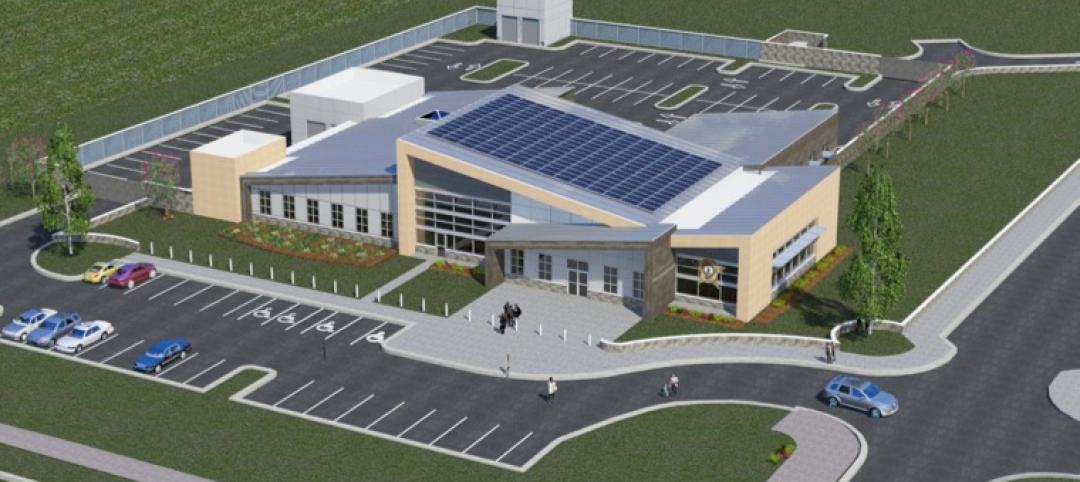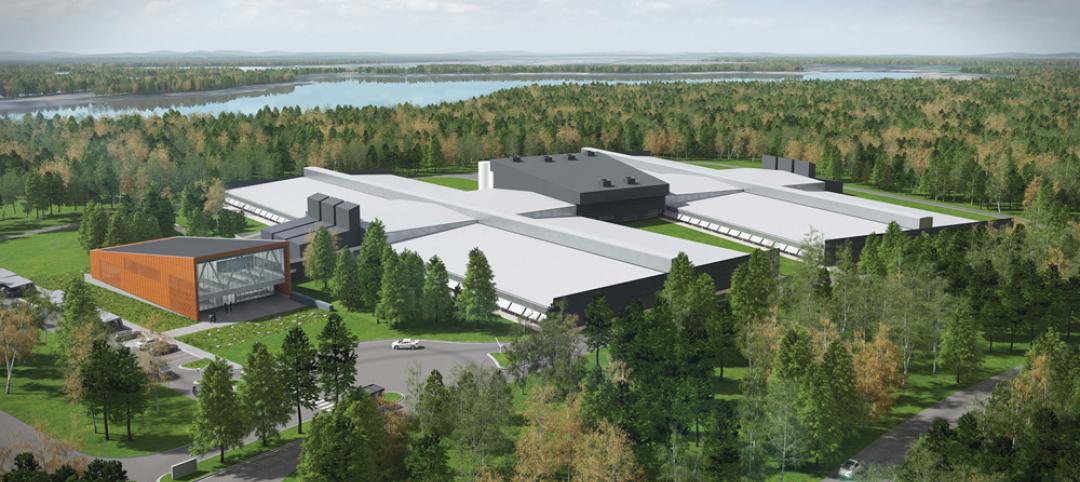California’s Supreme Court has ruled unanimously that the principal architects for a condominium project may be sued directly by a condominium homeowners association for design defects.
Skidmore, Owings & Merrill and HKS, Inc. were the principal architects for a 595 unit condominium project built near AT&T Park in San Francisco. The case, Beacon Residential Community Association v. Skidmore, Owings & Merrill, LLP, pertained to a 595-unit condominium project built near AT&T Park in San Francisco.
The units allegedly developing several defects including water infiltration, structural cracks, and overheating that made units virtually uninhabitable at times. The homeowners association sued the architects, alleging that these defects were caused by negligent design.
The decision highlighted the closeness of the connection between the architects’ conduct and the plaintiffs’ injuries, the limited and predictable class of potential plaintiffs, and the absence of options for the owners in obtaining design services on their own.
The decision held that even though, on most projects, the developer has the final say on design choices, the architect can’t escape liability to the end user. This decision is likely to give homeowners associations another target in defect cases. Architecture firms should consult their liability insurer to determine whether these claims will be covered.
(http://www.jdsupra.com/legalnews/architects-may-be-sued-directly-by-homeo-19296/)
Related Stories
| Aug 8, 2014
California revives study of earthquake faults
California reinstituted an ambitious plan to study dangerous earthquake faults and create zoning maps that could restrict development.
| Aug 6, 2014
Loudoun County, Virginia may dump green building requirements
Loudoun County, Va., supervisors may do away with a county policy that requires LEED Silver certification on new county buildings.
| Aug 6, 2014
$300 million mixed-use project in Chicago’s medical district wins key approval
The Illinois Medical District Commission approved a 1.16 million-sf, $300 million mixed-use project in Chicago’s Illinois Medical District.
| Aug 4, 2014
Facebook’s prefab data center concept aims to slash construction time in half
Less than a year after opening its ultra-green, hydropowered data center facility in Luleå, Sweden, Facebook is back at it in Mother Svea with yet another novel approach to data center design.
| Jul 31, 2014
LEED Dynamic Plaque gives owners and tenants ability to monitor building performance
The LEED Dynamic Plaque could aid certified buildings in maintaining performance with up-to-date information about water and energy use, waste reduction efforts, occupant experience, and other green performance categories.
| Jul 31, 2014
Gypsum Association releases updates to wallboard repair standards
The Gypsum Association released updates to both GA-221 Repair of Joint Ridging and GA-222 Repairing Screw or Nail Pops standards publications.
| Jul 31, 2014
Cambridge, Mass., is latest locale to require energy usage disclosure
The City Council of Cambridge, Mass., approved the Building Energy Usage and Disclosure Ordinance (BEUDO) that requires benchmarking and disclosure of building energy performance for large commercial, institutional, and multifamily buildings.
| Jul 31, 2014
Stalled $1.5 billion Miami mixed-use redevelopment project advances
A long-delayed $1.5 billion mixed-use development in Miami moved ahead after city planners approved the project’s first phase.
| Jul 30, 2014
USGS updates National Seismic Hazard Maps
The U.S. Geological Service recently released an update of U.S. National Seismic Hazard Maps that reflect the latest analysis of where future earthquakes will occur, how frequently they may occur, and their strength.
| Jul 23, 2014
Fairfax County, Virginia toughens green standards
The Fairfax County Board of Supervisors recently strengthened its green building policy, requiring higher standards for residential, retail, office and other construction projects seeking approval for rezoning.















